“I pledge allegiance to the flag of the United States of America, and to the republic for which it stands, one nation under G-d, indivisible, with liberty and justice for all.”
I stopped reciting those words around the end of eighth grade in 2018 because I noticed that I had no connection with them. They never sat right with me, and it wasn’t until I actually listened to the words everyone was chanting that I realized why.
I learned to say the Pledge of Allegiance in kindergarten at age five. Every school day for the past twelve years, I’ve heard this phrase: “Good morning, NA. Please stand for the Pledge of Allegiance.”
It became habitual and mindless. Every day, the bell rang, and the whole class stood up to rhythmically chant these words. But when I hit high school, something changed, and I stopped saying it.
The Pledge that we recite today was created by Francis Bellamy, a former Baptist minister, in 1892, around the four hundredth anniversary of Columbus’s landing on American shores.. Bellamy was enlisted to write one to use in celebratory situations. However, the Pledge originally did not include “the flag of the United States of America,” but rather more simply “my flag.” Bellamy suggested that other countries would be able to use this Pledge as well. The new phrase was included in 1923 due to concerns that immigrants would be pledging their allegiance to their native countries. Additionally, in 1954, during the Cold War, religious lobbyists added the words “under G-d” in a bill that was passed by Congress and supported by President Eisenhower.
Originally, reciting the Pledge required what became known as the “Bellamy salute,” with arms outstretched and palms facing the flag. In the 1930, the Nazis adopted the gesture, which is why we now place our hands over our hearts instead. But the fact that Hitler copied something created by a patriotic American to brainwash millions of people is scary and makes me wonder if we are being brainwashed, too.
Have you ever had to think about the order of the words when saying the Pledge every morning? It’s become second-nature with its monotonous rhythm.
Or perhaps you have thought about the words. I certainly have, and I find them troubling.
I am a third-generation American, but I identify closer with my Jewish identity than I do my American identity.
This country was founded by Christians on Christian ideals. I never felt comfortable pledging my allegiance to a nation “under G-d” as defined by Francis Bellamy or President Eisenhower did. And I am not the only one who has felt uncomfortable saying those words.
Over the years since 1954, the legality of the phrase “under G-d” has been challenged on the grounds that US citizens have the freedom of religion as stated by the Constitution. In the Supreme Court case of Elk Grove Unified School District v. Newdow (2004), a concerned parent and atheist argued that the school’s requirement to recite the Pledge violated his daughter’s First Amendment rights, specifically, the freedom of speech and religion. The court ultimately ruled that the parent, Mr. Newdow, did not have a legal right to argue this case because he did not have full custody of his daughter, and that the school’s requirement of reciting the Pledge was constitutional.
Liberty and justice for all means nothing to me if I still see people struggling and fighting for justice every day.
As far as I am aware, although we are asked to recite the Pledge every morning at North Allegheny, it does not seem to be a requirement. Some years I have stood, other years I haven’t. Some years I’ve said it out loud, other years I haven’t. I have not been confronted by anyone about the choices I make, but other people have.
Last year, Samantha Podnar, a junior at NASH, was asked by her first period teacher, a veteran, to stand.
“I did it more out of respect for him,” she said. “I don’t believe in that personally, but I didn’t want to be rude or make a scene.”
“I stand, but I don’t put my hand over my heart and I don’t say the words, and that’s not out of disrespect to [my teacher] or to the country or to veterans,” Podnar continued in a recent conversation. “But I feel like in this country everyone’s says, ‘Oh it’s founded on liberty, it’s founded on freedom,’ but that’s only for some people. It’s founded on the backs of slaves. It’s founded on a lot of things that we say are in the past, [things] we don’t stand for that anymore. But a lot of people in this country still do stand for discrimination and not liberty for all.”
Having conversations and discussions like these is tremendously important. America’s history is rooted in white supremacy and systemic racism, and it must be recognized before it can be dismantled. Some of the language in the Pledge of Allegiance reflects ideals and values that are not consistent with a just society.
“…under G-d, indivisible, with liberty and justice for all.”
The word “indivisible” is hard to ignore. Our country has never been more divided than it is right now, aside from the Civil War. I resent hearing people mindlessly chanting those words and not realizing the disconnect between this phrase we say every day and what is actually happening in the United States. I can’t in good conscience recite these words while witnessing what is happening right in front of me. “Liberty and justice for all” means nothing to me if I still see people struggling and fighting for their rights every day.
Though hearing the Pledge of Allegiance has always made me uncomfortable, seeing Andrea Hall, the city of South Fulton’s first Black female fire captain not only speaking the Pledge but signing it in American Sign Language at President Biden’s inauguration on January 20th gave me hope. We are most definitely moving in a positive direction towards equality, inclusivity, and representation in this country. Hall told CNN that she wants to embody the words she is speaking, and said, “[Y]ou are giving yourself to this great nation and you are pledging yourself to defend it, to protect it, to take care of it, to honor it, to respect it.”
Your neighbor may not pray to the same god as you. Your other neighbor may not even pray at all. But that’s not something you decide for them. We are lucky enough to have freedom of religion in this country, so we should be able to practice as we please.
I write this because no one should be discriminated against based on their choice each morning whether to stand. We live in a country that allows freedom of expression, so by not standing, I am in no way disrespecting this country, but rather celebrating the fact that I have the freedom to not stand up.
This story was originally published on The Uproar on January 28, 2021.

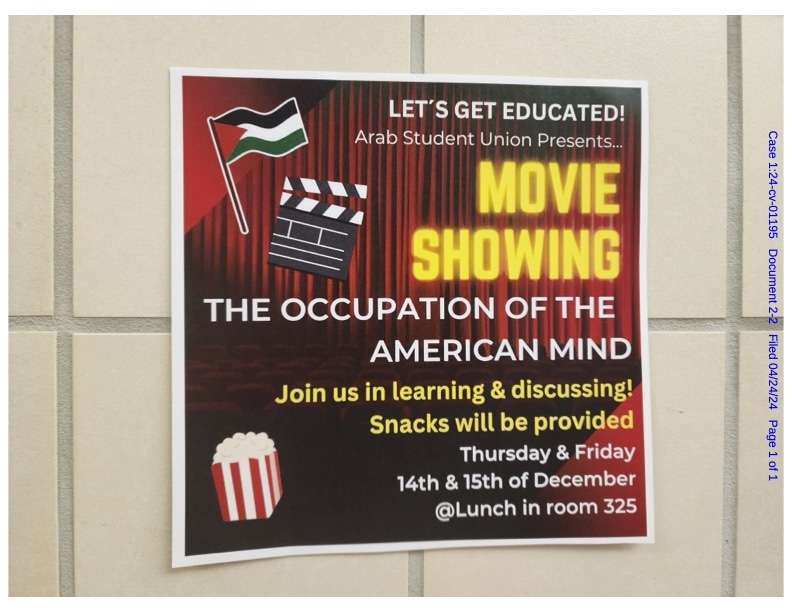
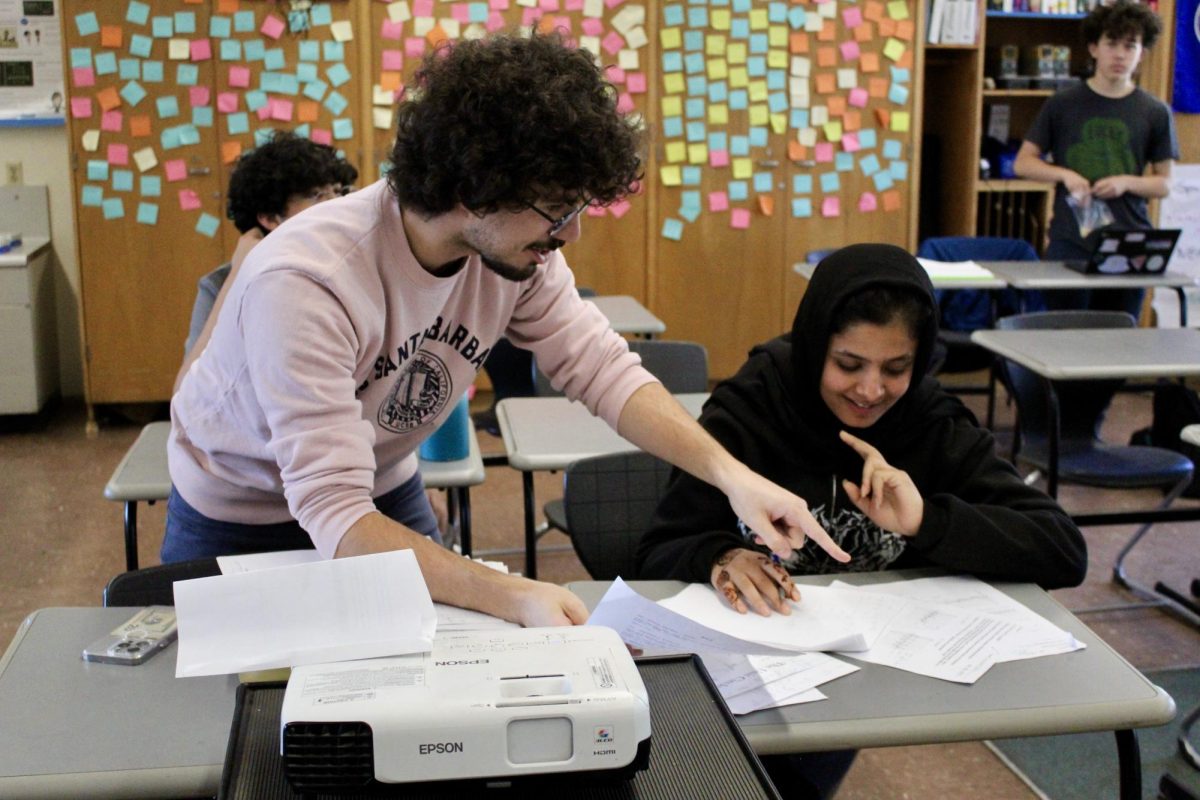




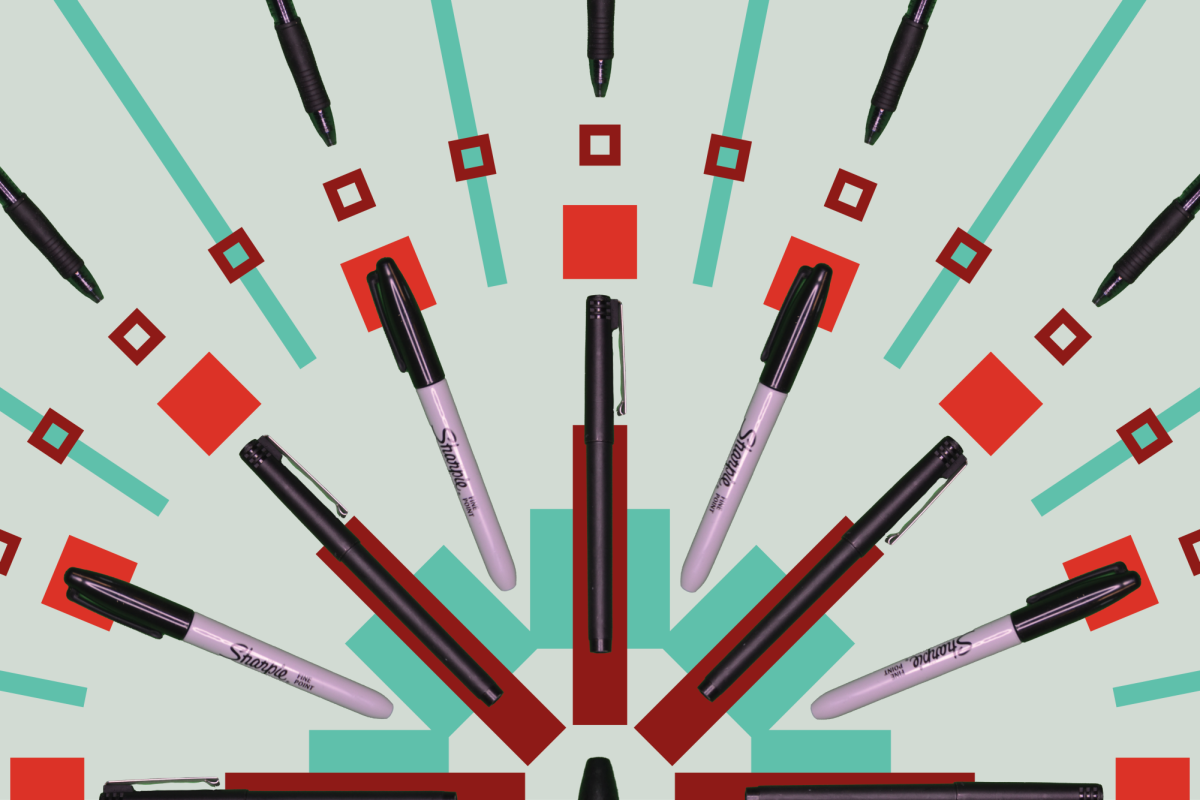

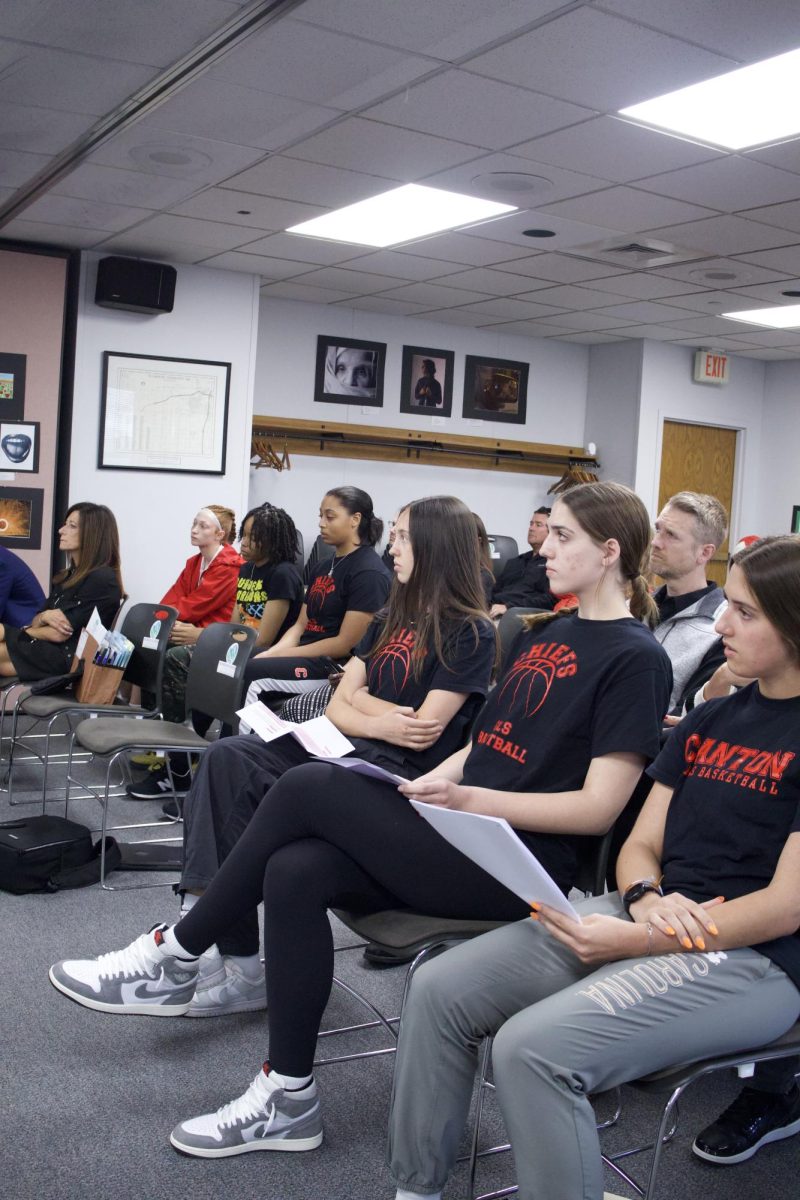

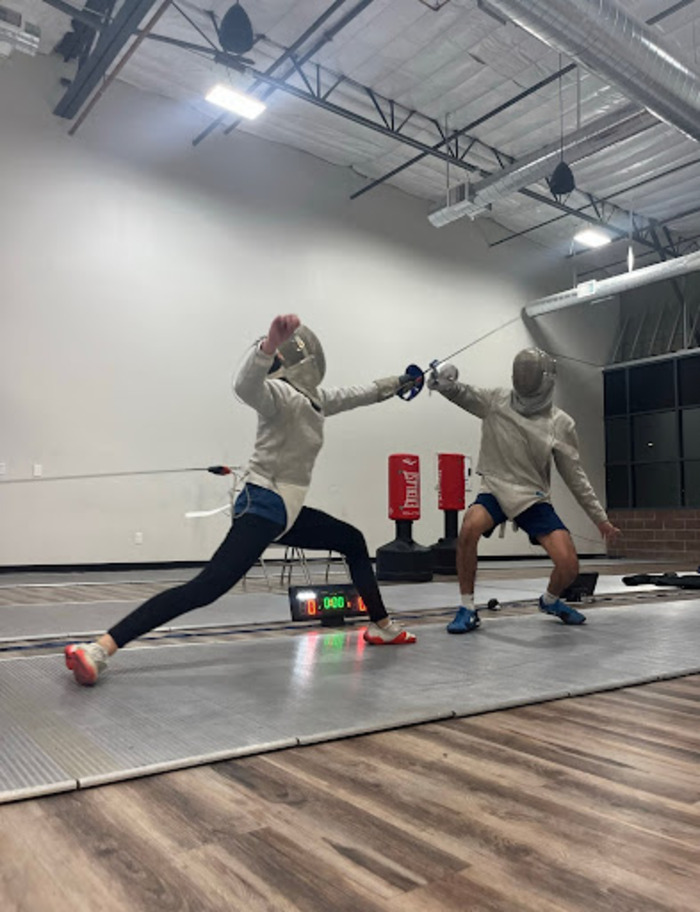

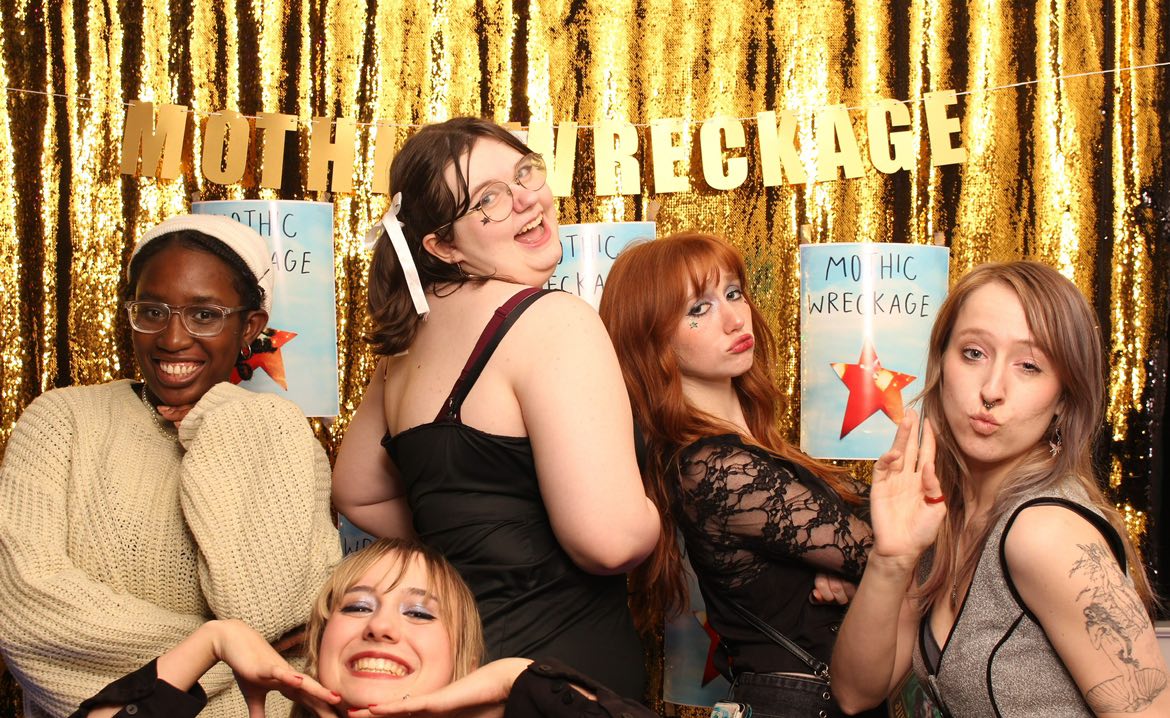

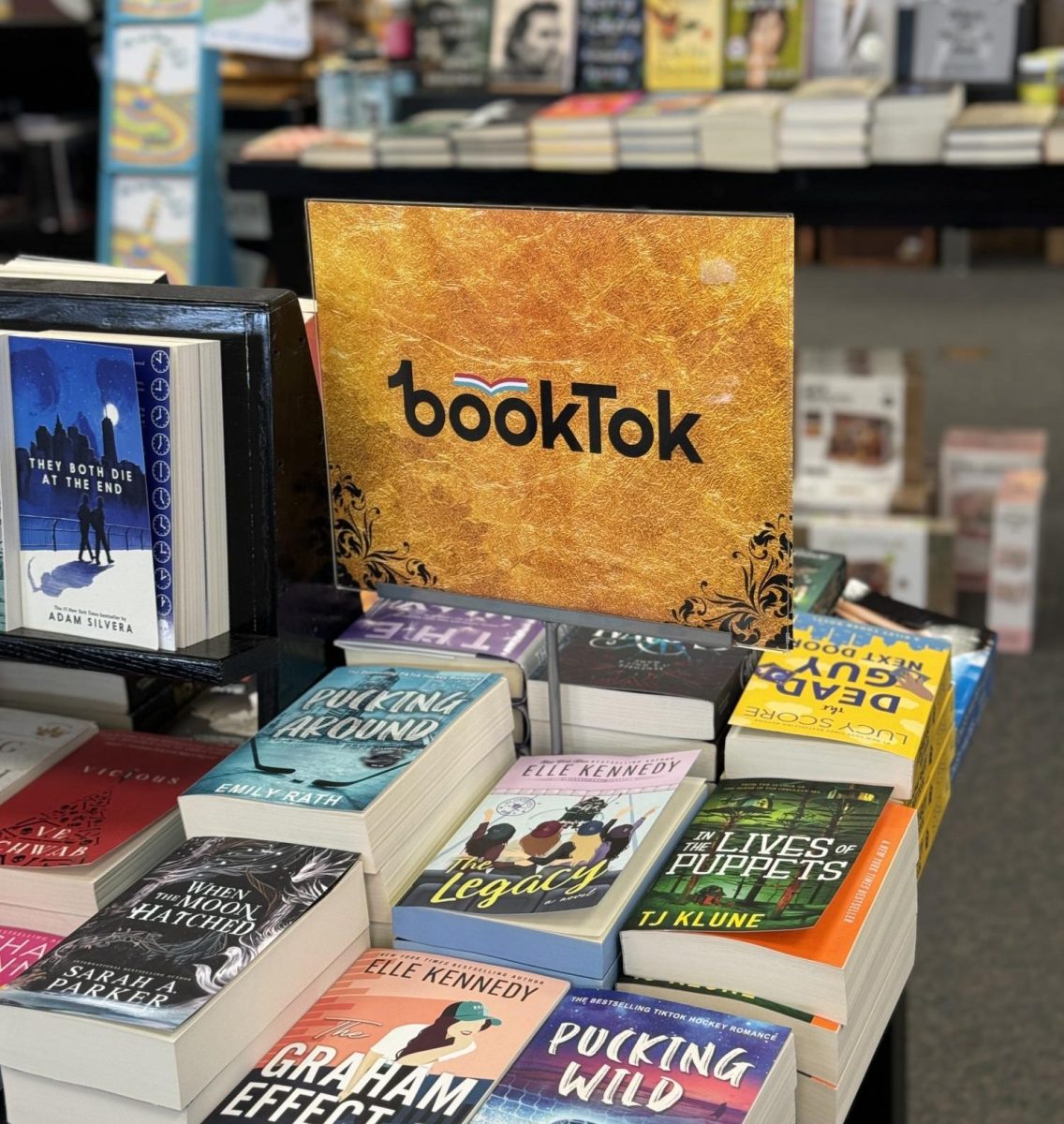















![IN THE SPOTLIGHT: Junior Zalie Mann performs “I Love to Cry at Weddings,” an ensemble piece from the fall musical Sweet Charity, to prospective students during the Fine Arts Showcase on Wednesday, Nov. 8. The showcase is a compilation of performances and demonstrations from each fine arts strand offered at McCallum. This show is put on so that prospective students can see if they are interested in joining an academy or major.
Sweet Charity originally ran the weekends of Sept. 28 and Oct. 8, but made a comeback for the Fine Arts Showcase.
“[Being at the front in the spotlight] is my favorite part of the whole dance, so I was super happy to be on stage performing and smiling at the audience,” Mann said.
Mann performed in both the musical theatre performance and dance excerpt “Ethereal,” a contemporary piece choreographed by the new dance director Terrance Carson, in the showcase. With also being a dance ambassador, Mann got to talk about what MAC dance is, her experience and answer any questions the aspiring arts majors and their parents may have.
Caption by Maya Tackett.](https://bestofsno.com/wp-content/uploads/2024/02/53321803427_47cd17fe70_o-1-1200x800.jpg)
![SPREADING THE JOY: Sophomore Chim Becker poses with sophomores Cozbi Sims and Lou Davidson while manning a table at the Hispanic Heritage treat day during lunch of Sept 28. Becker is a part of the students of color alliance, who put together the activity to raise money for their club.
“It [the stand] was really fun because McCallum has a lot of latino kids,” Becker said. “And I think it was nice that I could share the stuff that I usually just have at home with people who have never tried it before.”
Becker recognizes the importance of celebrating Hispanic heritage at Mac.
“I think its important to celebrate,” Becker said. “Because our culture is awesome and super cool, and everybody should be able to learn about other cultures of the world.”
Caption by JoJo Barnard.](https://bestofsno.com/wp-content/uploads/2024/01/53221601352_4127a81c41_o-1200x675.jpg)





